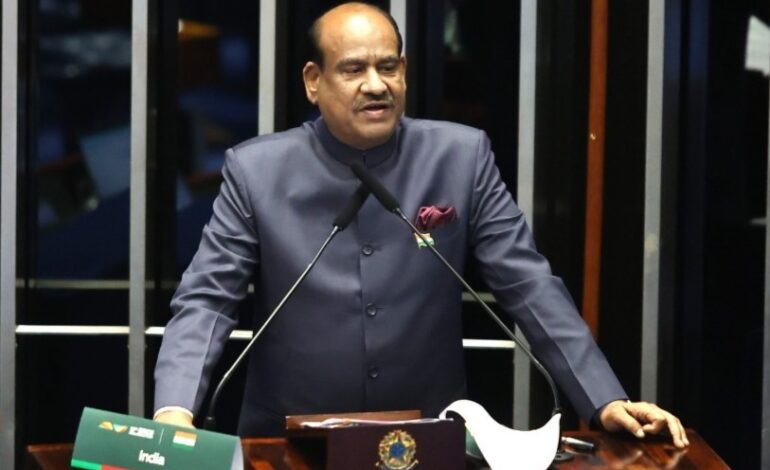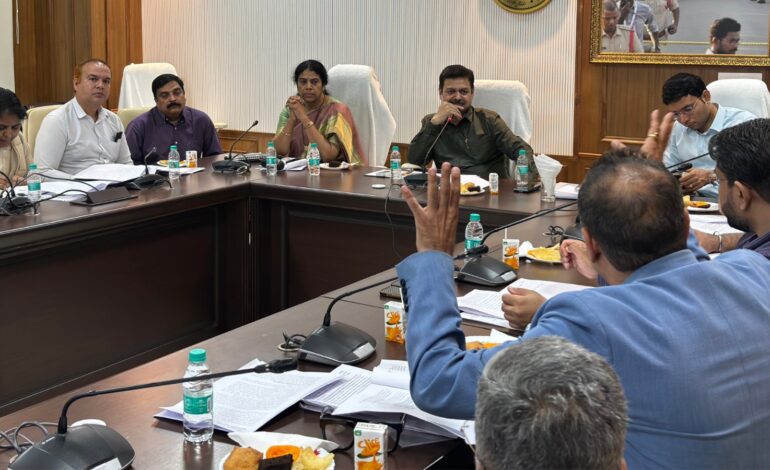Real Money Games Banned: Lok Sabha Clears Online Gaming Bill | 5 Key Takeaways

The bill bans real money online games citing risks of gambling addiction, financial fraud and money laundering, while simultaneously recognising esports as a legitimate competitive sport.
New Delhi, Aug 20: The Lok Sabha on Wednesday passed the Promotion and Regulation of Online Gaming Bill, 2025, a legislation that could reshape India’s ₹31,700-crore ($3.8 billion) gaming industry dominated by Dream11, Games24x7 and Mobile Premier League.
The bill bans real money online games citing risks of gambling addiction, financial fraud and money laundering, while simultaneously recognising esports as a legitimate competitive sport. It now awaits clearance from the Rajya Sabha.
“The government believes the harms of addiction, financial loss and even extreme outcomes such as suicides can be prevented by restricting money-based gaming,” the government said in a statement. It also warned of platforms being misused for tax evasion, terror financing and national security risks.
5 Key Takeaways from the Online Gaming Bill
1. Esports recognised as a sport
The Union Ministry of Sports will now frame rules for esports, covering event standards, training academies, research hubs, and incentive schemes. Esports will also be integrated into India’s broader sports policy.
2. Push for social & educational games
The government will promote age-appropriate, cultural and educational online games. These will be registered and categorised to create safe platforms aligned with Indian values.
3. Ban on money games
All forms of online money gaming—whether skill-based, chance-based or hybrid—are completely prohibited. No app can operate, promote, or advertise such games, and banks/payment systems cannot process related transactions. Existing money games will be blocked under the IT Act, 2000.
4. National Online Gaming Authority
A new regulatory body will categorise games, handle complaints, and decide if a game qualifies as a money game. It will also issue codes of practice and compliance guidelines.
5. Stringent penalties
- Up to 3 years jail and/or ₹1 crore fine for facilitating money gaming.
- ₹50 lakh fine or 2 years jail for advertising banned games.
- Repeat offences: 3–5 years jail and fines up to ₹2 crore.
What it means
Lawmakers argued that an outright ban, rather than regulation, is necessary to curb “manipulative design features and addictive algorithms” that have pushed many households into financial distress. With several platforms operating offshore, enforcement of taxes and state rules has been nearly impossible, they said.
The bill signals a clear policy shift: shutting down real-money gaming while opening doors for esports, social and educational games as the next growth frontier for India’s digital entertainment industry.








